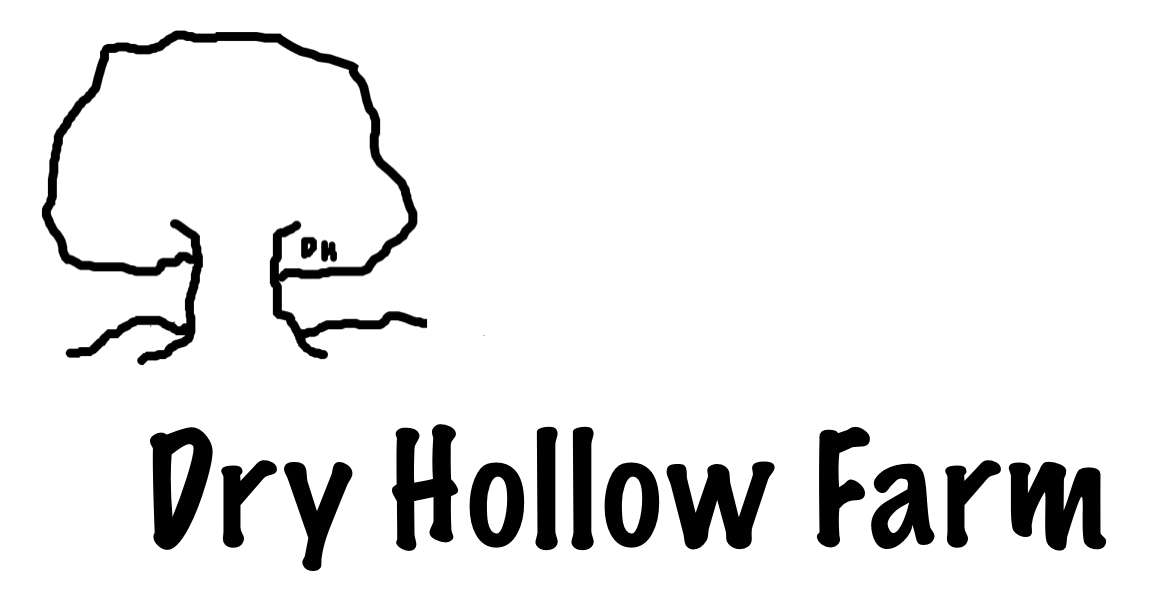Writing Agricultural Grant Proposals
Most years we apply for one or more agricultural grants through the state of Tennessee. These grants have helped us build our herb shack, lean-to greenhouse, and soap shop as well as purchase a variety of agricultural equipment.
In order to qualify for agricultural grants, we must prove we are a viable agribusiness rather than a hobby farm or homestead. If you are looking to expand your agribusiness with state or federal grant monies, be prepared to develop the following …
#1 What is the history of your farm? Consider creating a timeline from the first years of your farm enterprise until the present. How has your enterprise developed? Can you show a general pattern of growth? Anyone engaged in agribusiness (or any small business, for that matter) understands that not every year logs a financial gain. But can you show progression, a development of agricultural pursuits that create the underpinnings of a viable business.
#2 What is your vision for your farm? Do you have one-year, five-year, and ten-year growth models? Do you see your agribusiness continuing as it now is, or do you have plans for expansion? Collective business wisdom agrees that if we’re not moving forward with our business, we’re moving backward. Where is your growth potential with your current business activities?
#3 What is your business model for achieving that vision? Having future goals is nice, but we must create definite plans for achieving these goals. There are any number of online resources for developing an agricultural business model. Take time to research and develop your farm’s model. Remember - every farm decision must follow your business model, otherwise you are wasting money, time, and valuable resources.
#4 What are the current financials for your farm? You must be able to detail income and expense amounts for the current year and at least five previous years (or since your farm’s initiation). If you are not keeping detailed financial records, then your are not ready for grant applications.
#5 What are the specific requests for your grant proposal? This is where procrastination severely hinders the completion of a grant proposal. Be prepared to have specific quotes for labor and materials from all contractors, or equipment prices from specific suppliers. The more information you provide, the more likely you are to receive the grant. There should be no question of your proposed use for every penny of grant monies requested.
#6 Do you have all accompanying paperwork? Quotes, design drawings, web page product descriptions - everything should be at hand for submission with your written proposal.
#7 Finally, have you double-checked the submission deadline? Although we generally know deadlines for our grant proposals, that day has a tendency to sneak up on us each year (despite our promise to “not let it happen again next year”!).
If you are new to agricultural grants, schedule a conversation with your local ag extension agent. He or she will prove an invaluable resource for you as you explore grant possibilities. Our grant monies have proven invaluable for every step of our agribusiness expansions. In fact, we already started the process of preparing for next year’s!
Dr. Kathryn Bush owns and operates Dry Hollow Farm, a working goat and sheep farm in Huntingdon, Tennessee. Together with her husband, Russell, she creates skincare products from their fresh goat milk, grows organic herbs, welcomes visitors to their two cabins on the farm (available for stays through Airbnb), keeps the farm’s on-site soap shop stocked with their handcrafted products, and enjoys working the farm in company with their Great Pyrenees dogs (who work hard guarding the animals). Check out their natural products featuring farm-grown ingredients here, and sign up for the Dry Hollow Farm newsletter to stay in touch and be the first to hear about farm news, events, and new products.

